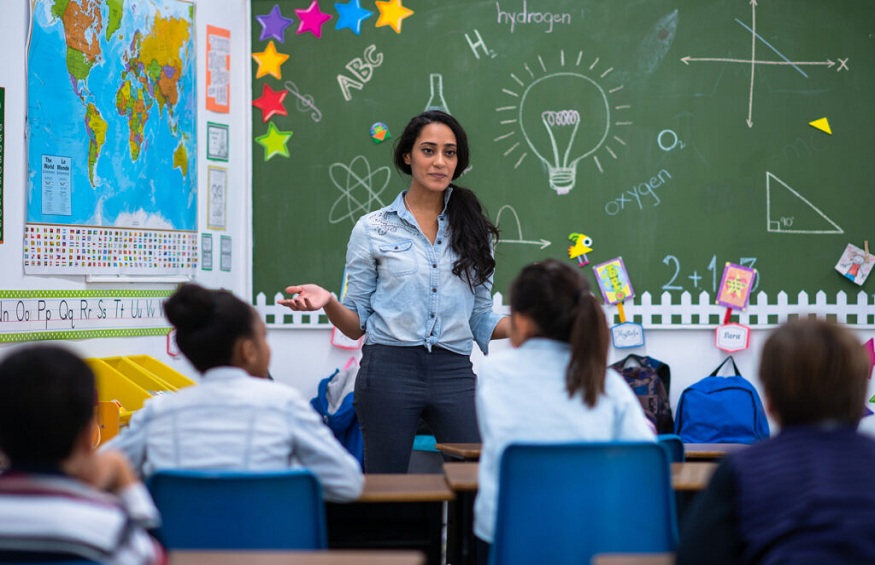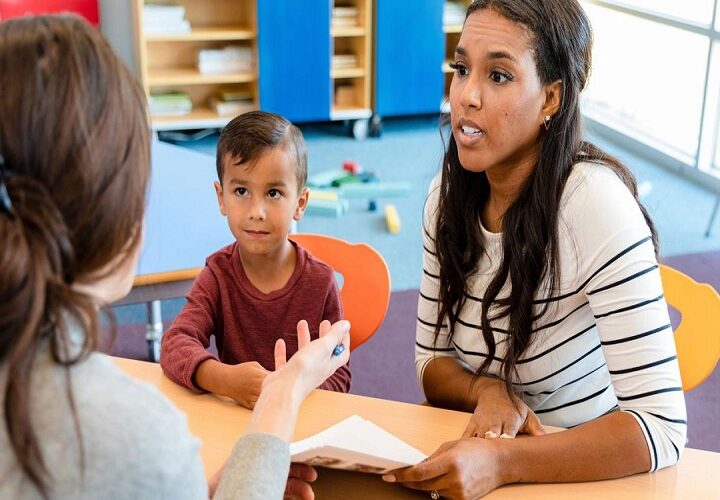
The teaching profession, one of the oldest and most revered, stands at the cusp of significant transformation such as Word to PDF. As the world hurtles into an era marked by rapid technological advancements and shifting societal values, the role of educators is bound to evolve. Let’s journey into the future of pedagogy and envision the multifaceted roles teachers might assume.
Beyond the Traditional Classroom
The brick-and-mortar classroom, with its chalkboards and neatly aligned desks, might soon become a relic of the past. With the rise of digital platforms and remote learning, teachers are no longer confined to physical spaces. They’re becoming global educators, reaching students from diverse backgrounds and cultures. This shift demands a broader understanding of global perspectives and a knack for leveraging technology to foster interactive and inclusive learning environments.
Facilitators of Critical Thinking
The information age has made data and knowledge readily accessible. In such a landscape, the role of teachers as mere dispensers of knowledge diminishes. Instead, they become facilitators of critical thinking and problem-solving. Educators of the future will focus on nurturing students’ abilities to analyze, evaluate, and synthesize information. They’ll guide students in asking the right questions rather than providing direct answers.
Navigators of Emotional and Social Growth
Emotional intelligence and interpersonal skills are gaining prominence in a world that values collaboration and empathy. Teachers will play a pivotal role in shaping not just intellectual but also emotional and social growth. They’ll be mentors, guiding students through personal challenges, fostering resilience, and nurturing a growth mindset. The emphasis will shift from academic achievements to holistic development.
Lifelong Learning Advocates
The pace of change in the modern world necessitates continuous learning. Teachers will become advocates of lifelong learning, instilling in their students a perpetual curiosity and the desire to evolve. They’ll lead by example, continually updating their skills and knowledge, showcasing that learning is an endless journey, not confined to any age or stage of life.
Collaborators in a Networked Ecosystem
The future of education is collaborative. Teachers will no longer work in isolation but will be part of a networked ecosystem. They’ll collaborate with peers, industry experts, and even students to co-create learning experiences. Such a collaborative approach will break down the traditional hierarchies in education, making learning a more democratic and shared experience.
Ethical Navigators in a Digital World
With the integration of technology in education, ethical dilemmas are bound to arise. Teachers will play a crucial role in guiding students through the ethical implications of digital actions. They’ll foster discussions on digital citizenship, online privacy, and the moral implications of technology, ensuring students are prepared for the digital challenges of the future.
Conclusion
The role of teachers in the future is multifaceted, extending beyond traditional pedagogical boundaries. As the world changes, educators will rise to the challenge, adapting, evolving, and leading the way. They’ll be more than just teachers; they’ll be mentors, facilitators, collaborators, and lifelong learners themselves. In this dynamic landscape, one thing remains constant: the profound impact teachers have on shaping minds and building the future.

 A First-Time Teacher’s Guide to Connecting with Parents
A First-Time Teacher’s Guide to Connecting with Parents  Online Tutoring in the UK
Online Tutoring in the UK  Mastering Online Tutoring: How to Maximize the Benefits and Learning Experience
Mastering Online Tutoring: How to Maximize the Benefits and Learning Experience  How to Build Relationships with Your Students
How to Build Relationships with Your Students  Online Tutoring Benefits
Online Tutoring Benefits  How to teach children,methods that really work
How to teach children,methods that really work  How School Budget Cuts Are Affecting SEND Students and Their Support
How School Budget Cuts Are Affecting SEND Students and Their Support  8 Master’s Degrees in Education Teachers Should Pursue for Career Advancement
8 Master’s Degrees in Education Teachers Should Pursue for Career Advancement  Effective Follow-Up Work Strategies for Montessori Teachers: Fostering Growth
Effective Follow-Up Work Strategies for Montessori Teachers: Fostering Growth  Top Strategies for Finding Students for Online Teaching Using Social Media in 2026
Top Strategies for Finding Students for Online Teaching Using Social Media in 2026